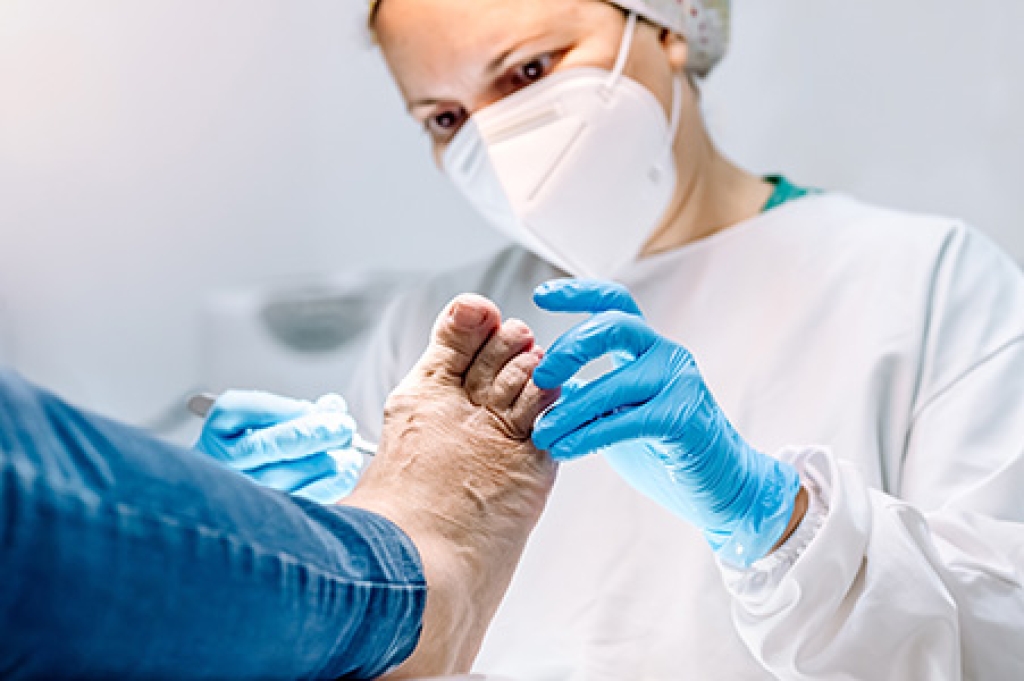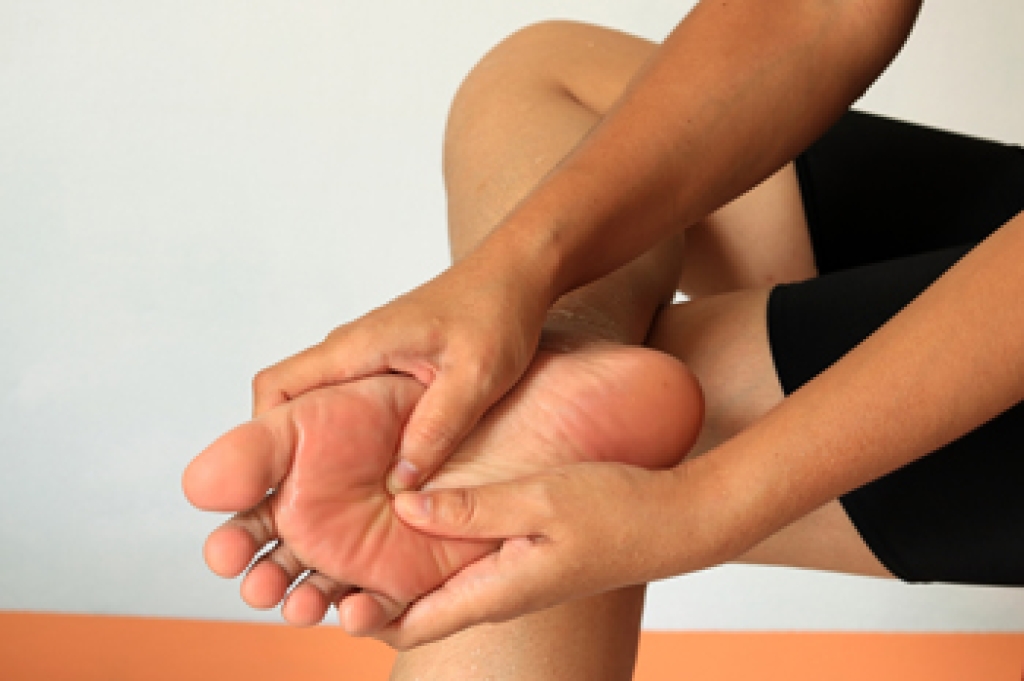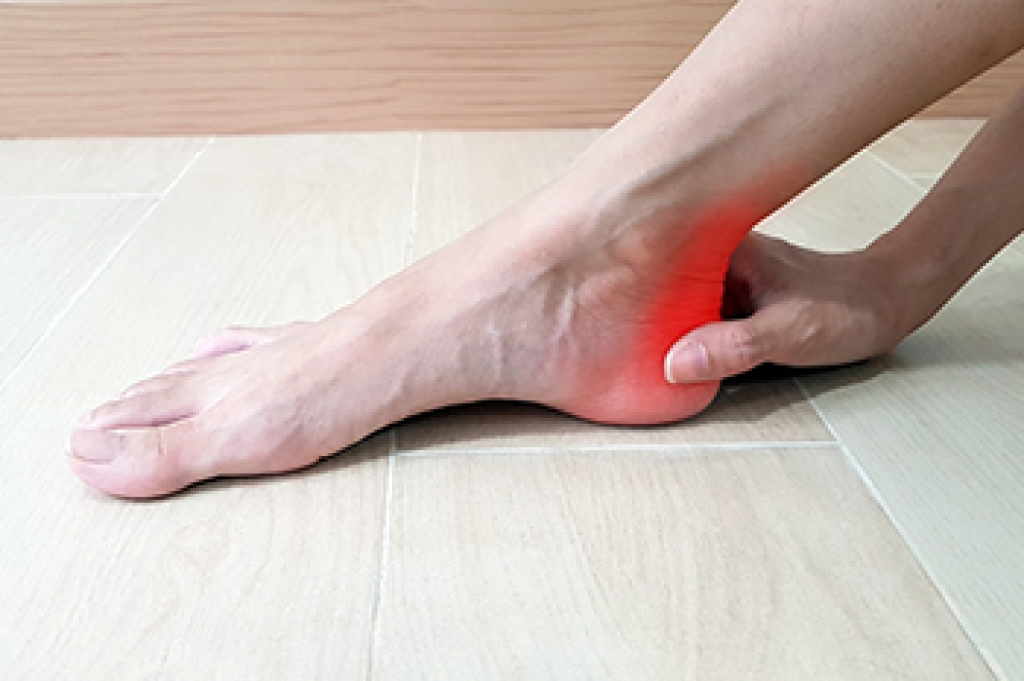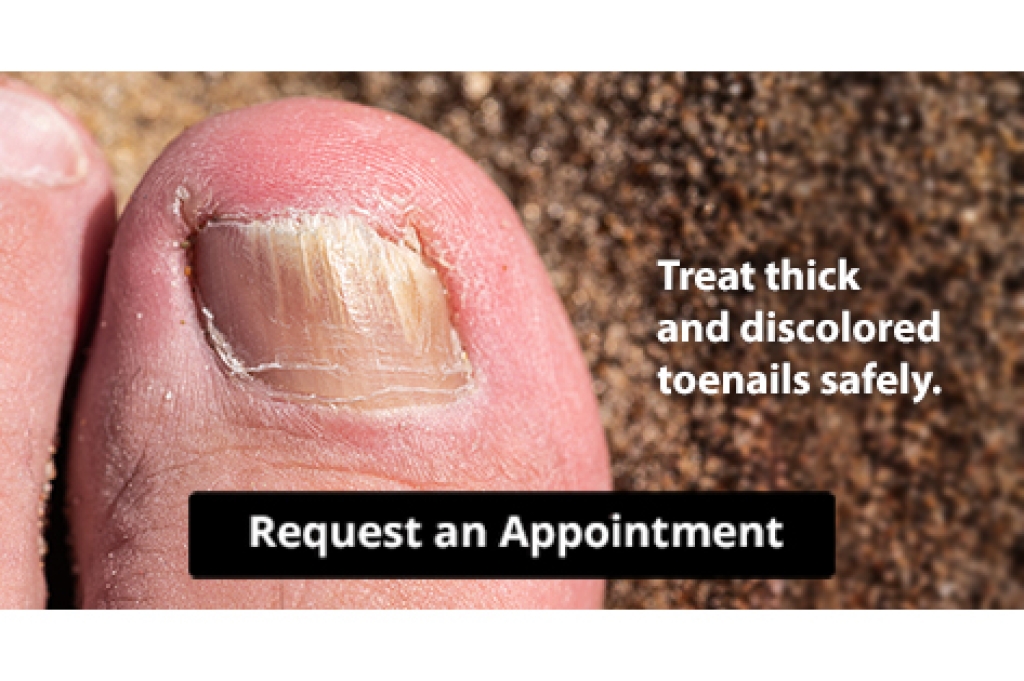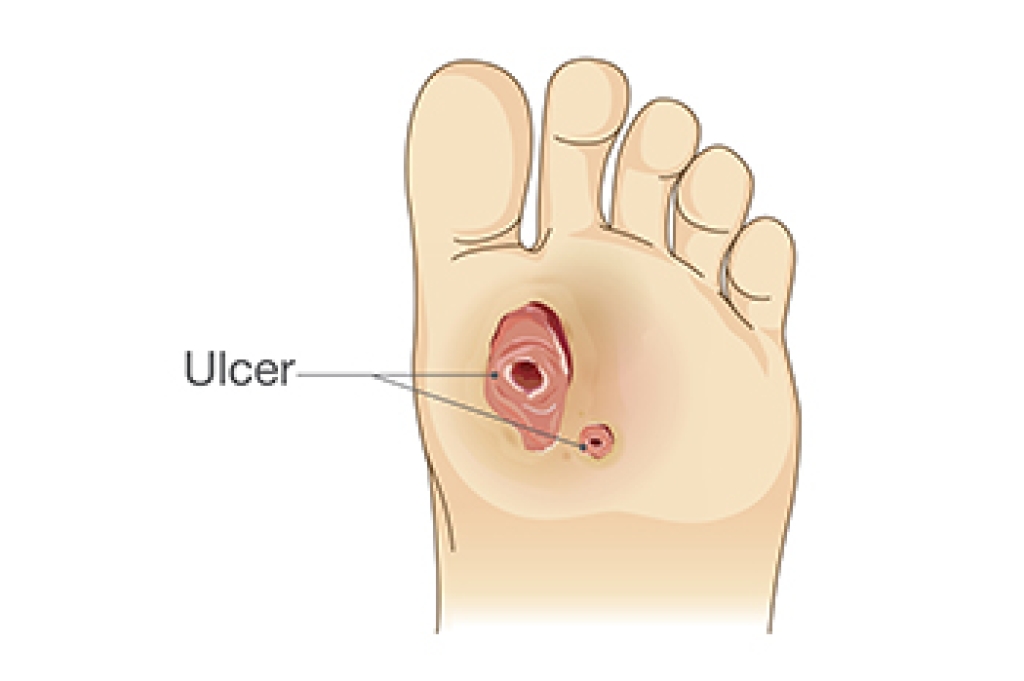
Poor circulation is a concern for people with diabetes because narrowed blood vessels reduce oxygen flow to the feet. When tissues lack blood, small pressure areas can break into open sores called foot ulcers, often on the ball of the foot or under the big toe. These wounds may not hurt when nerve damage is present, yet infection can spread to deeper structures, including bone. Some people notice calf cramping while walking, a sign of reduced circulation. A podiatrist measures blood flow, checks sensation, and evaluates the ulcer’s depth and infection risk. Care may involve removing unhealthy tissue, imaging to rule out bone infection, and protective footwear or casting to relieve pressure and support healing. Coordinated medical management is essential to prevent recurrence and monitor healing progress. If you have foot problems related to diabetes, it is suggested that you make an appointment with a podiatrist for an exam, diagnosis, and ongoing treatment.
Diabetic foot care is important in preventing foot ailments such as ulcers. If you are suffering from diabetes or have any other concerns about your feet, contact one of our podiatrists from New Jersey. our doctors can provide the care you need to keep you pain-free and on your feet.
Diabetic Foot Care
Diabetes affects millions of people every year. The condition can damage blood vessels in many parts of the body, especially the feet. Because of this, taking care of your feet is essential if you have diabetes, and having a podiatrist help monitor your foot health is highly recommended.
The Importance of Caring for Your Feet
- Routinely inspect your feet for bruises or sores.
- Wear socks that fit your feet comfortably.
- Wear comfortable shoes that provide adequate support.
Patients with diabetes should have their doctor monitor their blood levels, as blood sugar levels play such a huge role in diabetic care. Monitoring these levels on a regular basis is highly advised.
It is always best to inform your healthcare professional of any concerns you may have regarding your feet, especially for diabetic patients. Early treatment and routine foot examinations are keys to maintaining proper health, especially because severe complications can arise if proper treatment is not applied.
If you have any questions, please feel free to contact our office located in Neptune City, NJ . We offer the newest diagnostic and treatment technologies for all your foot care needs.
